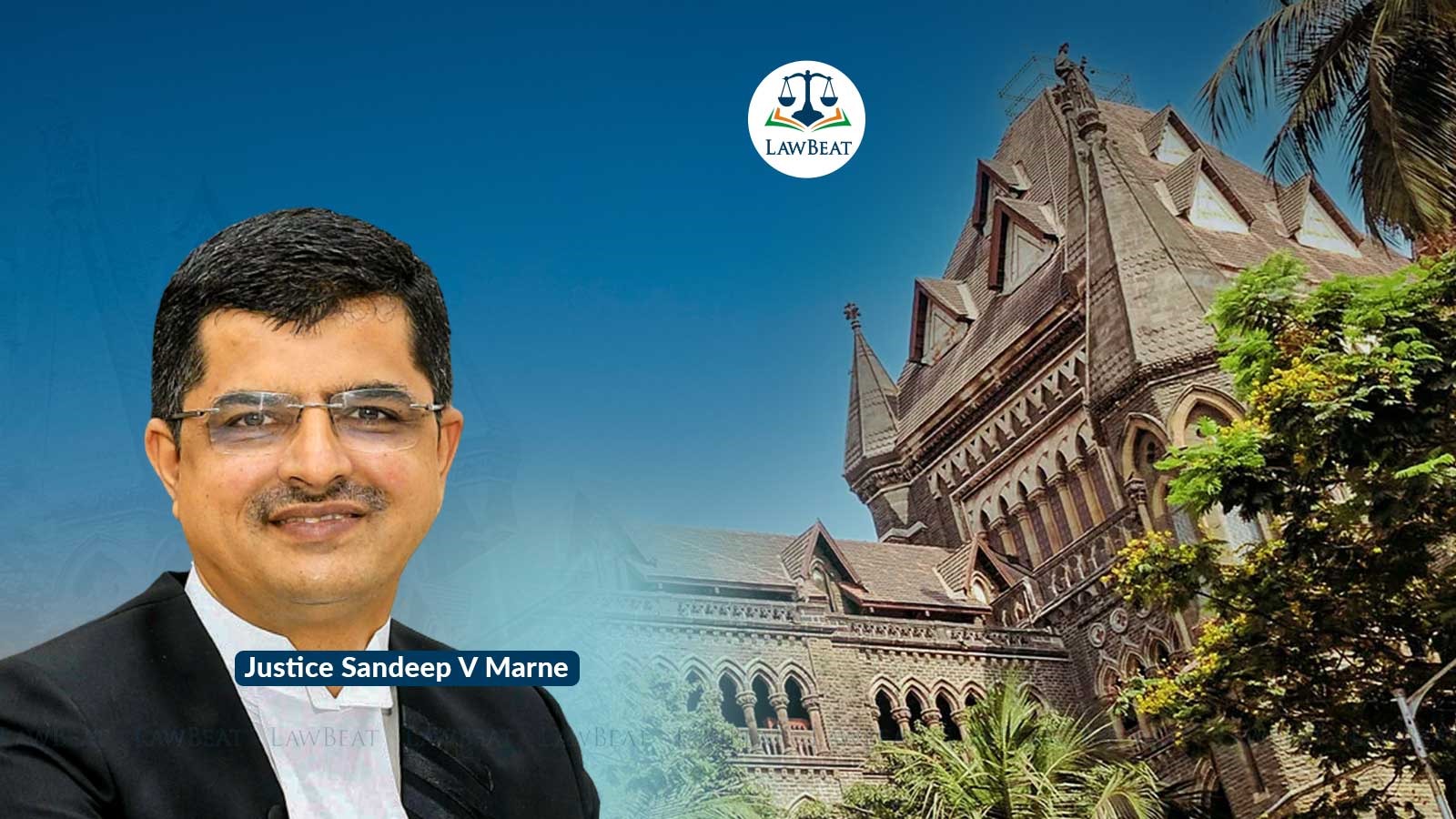Confusion Surrounds Bombay High Court As It Struggles To Identify The Appellant Before Court; Calls It A Mysterious Journey

The court in its order said that during the hearing, the mystery intensified to the point where it left the counsel representing this appeal in a state of confusion about whom she truly represented
The Bombay High Court recently found itself embroiled in a confusing situation as it attempted to ascertain the party that had filed an appeal against the City Civil Court's order.
The single judge bench of the high court comprising Justice Sandeep V Marne called the appeal a mysterious journey to ascertain the party in possession of the property and the party seeking protection from eviction.
“This appeal is full of several mysteries. The mysterious journey begins from a confusion as to who exactly is the Appellant and continues to pose several conundrums as to who contested proceedings before the City Civil Court, who possesses the room in question, how did he come in its possession, who exactly is claiming protection from eviction of that room, etc,” the order states.
Before the court, there were two individuals, namely 'K Gupta' and 'Santosh Gupta.' According to the records, the appeal had been filed in the name of K Gupta, but Santosh Gupta claimed that he had actually filed the appeal. He argued that K Gupta had no connection to the room in question.
The court in its order said that during the hearing, the mystery intensified to the point where it left the counsel representing this appeal in a state of confusion about whom she truly represented.
The matter before the court pertained to a January 2016 order passed by the City Civil Court, which directed the eviction of K Gupta and Santosh Gupta from property under the possession of the court receiver. The appeal in question had been filed against this order from the civil court.
The disputed property in question was an eatery called the 'New Persian Restaurant and Stores,' which had been operated as a partnership between Ramzan Ali and Abbas Ali. Following the passing of Ramzan Ali, Abbas Ali's wife and sons sought injunctive relief against Abbas Ali.
In 1988, the court passed an order appointing a court receiver to manage the business. It was discovered that a portion of the property was under the possession of the defendant, and as a result, they were directed to maintain possession without creating third-party interests.
During the course of recording evidence before the civil court, K Gupta was impleaded as a respondent through a notice of motion, alleging that he had forcefully taken possession of a room and sought his eviction.
Simultaneously, 'Santosh Gupta,' although not impleaded in the motion, appeared in the proceedings and asserted his possession of the room since 2009, asserting that 'K. Gupta' had no legitimate claim to that room.
However, the notice of motion was ultimately dismissed, and the court ordered the eviction of both 'K. Gupta' and 'Santosh Gupta' from the room.
During the course of the hearing before the high court, the bench found that the appeal was filed in the name of K Gupta but documents including Vakalatnama were filed by ‘Santosh Gupta’.
The court in its order recorded that no case was made by K Gupta or Santosh Gupta for grant of relief.
“Appeal is filed in the name of ‘K. Gupta’ and a claim is made that ‘Santosh Gupta’ is prosecuting the same. ‘Kamlesh S. Gupta’ (who appears to be ‘K. Gupta’) seems to have signed and verified some of the pleadings/ applications in the present case, whereas one of the affidavits is filed by ‘Santosh Gupta’. Why and how ‘Santosh Gupta’ could file pleadings in appeal instituted in the name of ‘K. Gupta’ has not been explained in any manner. For this confusion created by Appellant, present appeal could be dismissed on this count alone. However even if the said confusion is to be ignored, no case is made out for grant of any relief in the present appeal in favour either of ‘K. Gupta’ or ‘Santosh Gupta’” the order reads.
Santosh Gupta provided rent receipts issued by the landlord, Birla Industries Group Charity Trust, dating back to 2009.
However, the court noted that the defendant had handed over the property to the landlord, who subsequently rented it to Santosh.
According to the high court, this was in violation of the court's 1988 order, which prohibited the defendants from creating third-party interests.
As a result, the bench upheld the order issued by the City Civil Court, directing the court receiver to regain possession of the room.
Case title: Mr. K Gupta vs Najma
